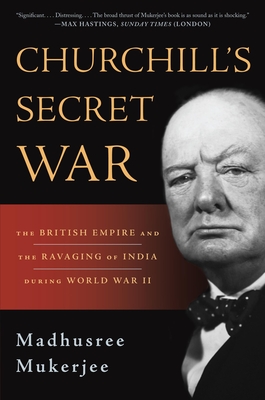Expedite your nonfiction book discovery process with Readara interviews, summaries and recommendations, Broaden your knowledge and gain insights from leading experts and scholars
In-depth, hour-long interviews with notable nonfiction authors, Gain new perspectives and ideas from the writer’s expertise and research, Valuable resource for readers and researchers
Optimize your book discovery process, Four-to eight-page summaries prepared by subject matter experts, Quickly review the book’s central messages and range of content
Books are handpicked covering a wide range of important categories and topics, Selected authors are subject experts, field professionals, or distinguished academics
Our editorial team includes books offering insights, unique views and researched-narratives in categories, Trade shows and book fairs, Book signings and in person author talks,Webinars and online events
Connect with editors and designers,Discover PR & marketing services providers, Source printers and related service providers
Churchill's Secret War : The British Empire and the Ravaging of India During World War II


Summary
Never in the history of mankind was a system of extraction, looting and plunder so perfected as practiced by the British aristocrats in managing occupied India for nearly two centuries.
Not only did British aristocrats systematically steal grains from farms often at gun point, confiscate raw materials and manufacture goods often at below production costs but they also forced millions of young men into fighting British wars at worthless wages.
It was this system of rapacious looting of people, materials and money from India that Winston Churchill fell in love with and was so determined to preserve. Churchill knew only too well that without the resources and people from the “Pearl in the Crown”, Britain had limited options in any confrontation with Hitler’s Germany even with the help of the United States of America.
In Churchill’s Secret War, journalist Madhusree Mukerjee chronicles the British system of looting in India. With the help of meticulous research and thorough collation of facts, records, communications and intentions of British leaders and managers Mukerjee presents a callous system at its worst.
The Bengal province, once rich in agriculture, vibrant in trade and run by an industrious community, was the envy of all of its visitors. However, that prosperous province was turned to utter poverty in merely five years after the British rule had been forced upon.
From diverting grains from Bengal to armies in the Middle East, sucking rice from Bengal to building stockpiles in Britain and first denying and then deleting much needed grain shipments to India from Australia, Churchill played a central role as ravaging famine spread from Bengal to the East Coast of India.
Winston Churchill’s decisions and actions played a direct role in setting conditions of famine that killed at least 3 million people and many millions more faced starvation for another year. All the while, Churchill worked feverishly in building stockpiles of grains, cheese, wine and bread in England in 1943 as the Second World War raged on.
Churchill’s right of self-determination did not extend to India with 300 million people so much so that he plundered at least 1.2 billion pounds (About 80 billion pounds in today’s currency) from the treasure of the Indian government to fight his war in Europe between 1943 and 1945.
This willful plundering of occupied India, the reckless war gambles and millions of deaths in Bengal is the true legacy of Churchill’s British Empire that is systematically covered up by British historians.
Churchill’s racial superiority views were often expressed in derogatory polemics, blaming the famine on the assertions that Indian were “breeding like rabbits” and that “if the rice shortages were so bad than how Mahatma Gandhi was still alive.”
Even after 75 years, the British system of denial, information blocking and downplaying in mass media continues. Most of the War Cabinet discussions related to Bengal and the famine in India between 1942 and 1944 are systematically blacked out, with a pile of perfectly collected documents having missing paragraphs and pages of information.
British historians tend to avoid in public discussions the existence of the Bengal famine altogether just as many are led to believe that the Jewish holocaust never happened.
About Madhusree Mukerjee
Madhusree Mukerjee writes about science, the environment, climate change, colonialism, development, indigenous rights, animal research–-and pretty much anything else that explores the fraught interaction of humans with our planet. She is a former physicist and serves as a Senior Editor with Scientific American magazine.
Madhusree’s recent book, Churchill's Secret War: The British Empire and the Ravaging of India during World War II uses meticulous research and new sources to relate how Winston Churchill and his war cabinet exhaustively used Indian resources to fight the Second World War, provoking famine and insurrection in the eastern province of Bengal. A quick overview can be found in this Harper’s interview: Churchill’s Dark Side.
Madhusree received a Guggenheim fellowship to research her previous book, The Land of Naked People: Encounters with Stone Age Islanders. It relates the devastating experiences of the hunter-gatherers of the Andaman Islands as they come face to face with civilization.
She has contributed a chapter to Global Muckraking: 100 Years of Investigative Journalism from Around the World. Madhusree is working on a third book, which will profile an indigenous struggle against stone quarries in eastern India.
